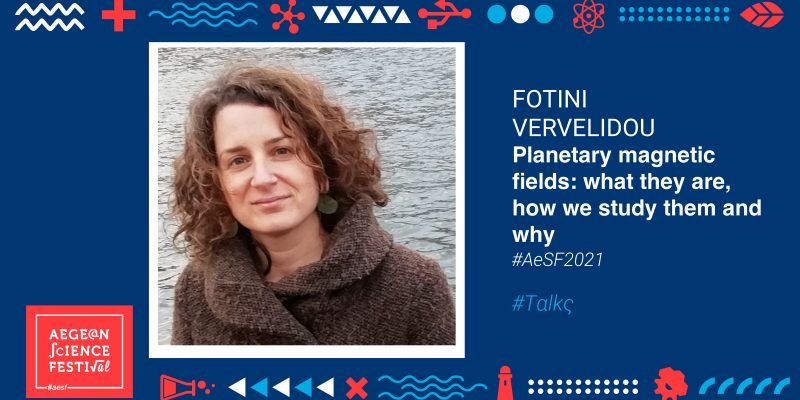
Fotini Vervelidou | Planetary Magnetic Fields: What They Are, How We Study Them and Why
21 September, 2021 NewsAll the planets in our solar system (with the exception of Venus for being unconfirmed at the moment) have their own magnetic field. The same is true for many of the natural satellites, including the Moon. Each magnetic field is unique and special and its study allows us to draw conclusions about the history and internal composition of each celestial body. In her special talk, Fotini Ververidou will present an overview of planetary magnetic fields, and learn how they are created, with what instruments we study them, and how they contribute to understanding the creation and evolution of our solar system.
Fotini Vervelidou is a graduate of the Department of Electrical and Computer Engineering of the Technical School of the Aristotle University of Thessaloniki. She did postgraduate studies at the École Polytechnique in Paris in the field of Remote Sensing. She received her PhD in Geophysics from the University of Paris Diderot and then worked as a postdoctoral researcher at the German National Geosciences Research Institute, Deutsches GeoForschungsZentrum GFZ. Since December 2019, she has been working as a postdoctoral researcher at the Massachusetts Institute of Technology (MIT), where she initially started as a Marie Curie Fellow. Her research focuses on the magnetic field of the Earth, the Moon and the planet Mars.
Speech title: Planetary Magnetic Fields: What They Are, How We Study Them and Why || Date & time: Saturday 25 September 19:00-19:30


